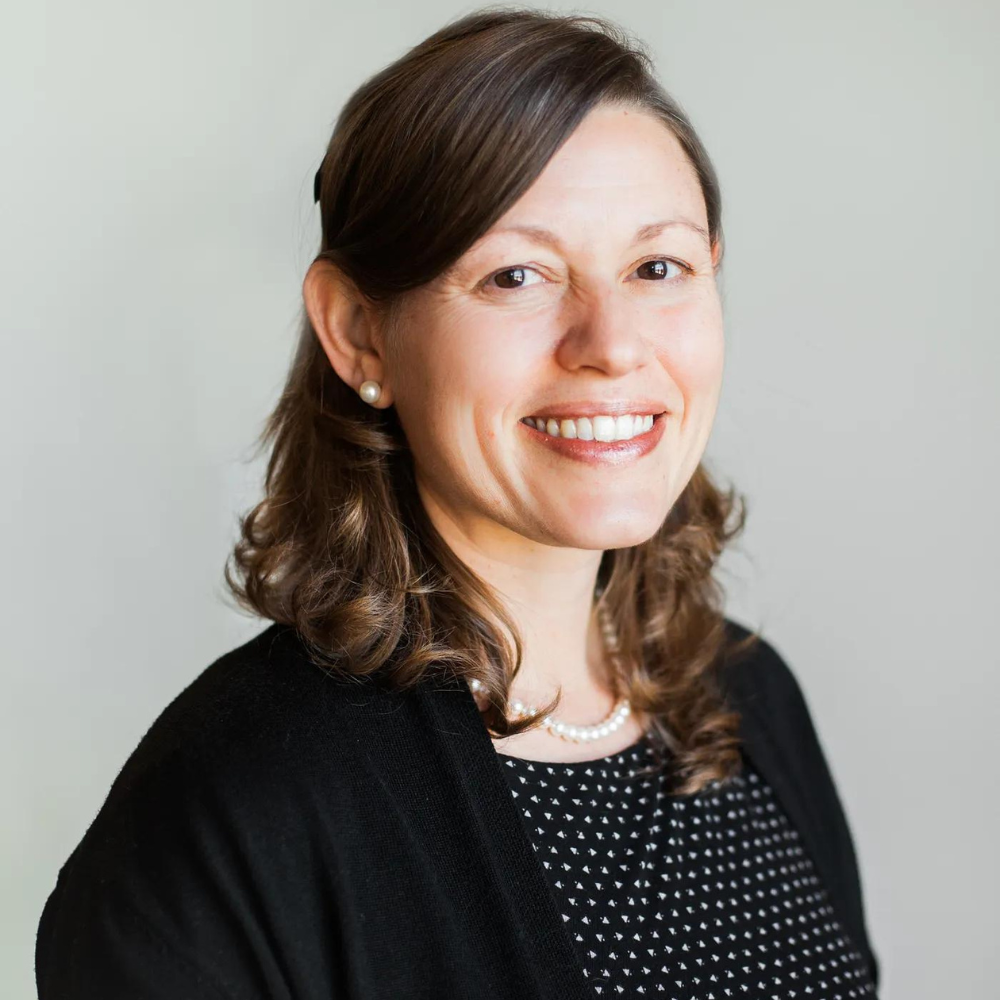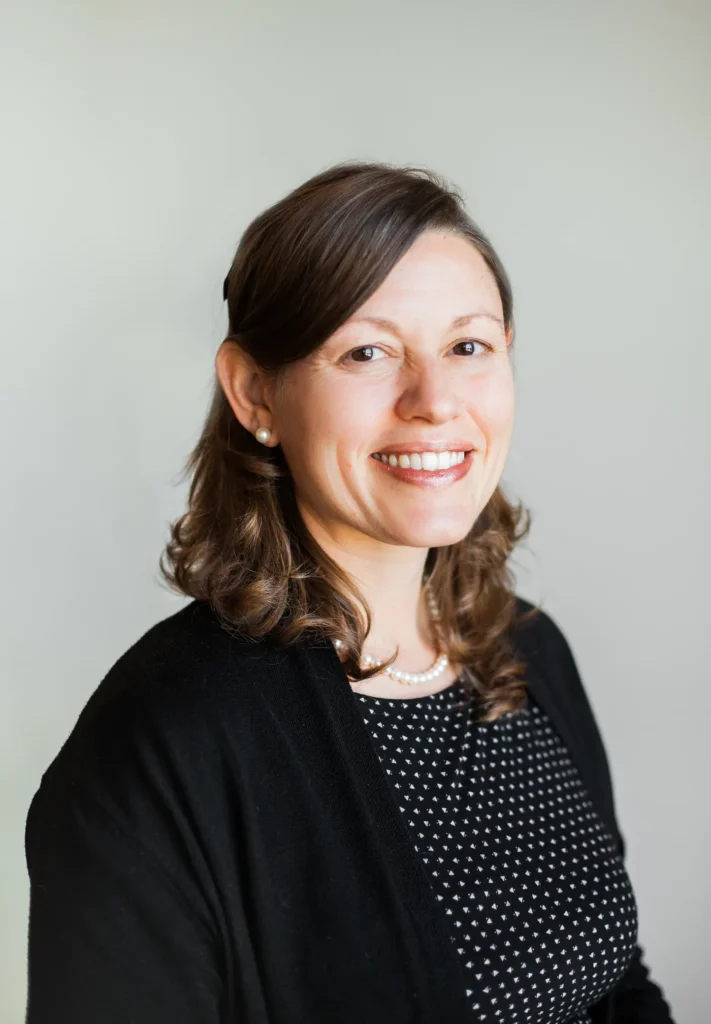International Women’s Day: A career in the solar sector
Interview by Eleanor Wagner, Efficiency for Access, with Amanda Brondy, Vice President, International Projects, Global Cold Chain Alliance

Wednesday 8 March marks International Women’s Day 2023. International Women’s Day (IWD) is a global day celebrating the social, economic, cultural and political achievements of women. The day also marks a call to action for accelerating gender parity. International Women’s Day goes hand in hand with Sustainable Development Goal (SDG) 7, which aims to ensure access to affordable, reliable, sustainable and modern energy for all by 2030. Although women drive many of the innovative and gender-focused solutions for SDG7, only 22% of the energy sector workforce is female. Increasing women’s participation in the energy access sector can help to ensure vulnerable women and girls are not left behind in the global energy transition.
As part of our work on the Efficiency for Access Design Challenge, we aim to enhance opportunities for women in energy access. Funded by UK aid and the IKEA Foundation, the Challenge is a global, multi-disciplinary competition that invites teams of university students to create affordable, high-performing off-grid appliances and enabling technologies. Competitions like this help provide young women with the skills and confidence to pursue careers in male-dominated sectors. The Challenge helps to address gender biases by hosting webinars and panel discussions that focus on gender and social inclusion, and providing support for the students with mentoring from industry experts, many of which are women.
We spoke to Amanda Brondy, Vice President, International Projects at the Global Cold Chain Alliance about her career, advice she would give to women who want to be in the energy access sector and how her work positively contributes to the lives of women.

What has your career journey looked like so far?
From the outside, my career journey probably looks very strategic. To me, it feels like I have been opportunistic and saying yes to chances that arose unexpectedly and could have easily led me on very different paths. Upon graduation from college, I spent two years working for a women’s health non-profit organisation before going to graduate school to pursue a master’s degree in international economics at the Johns Hopkins School of Advanced International Studies (SAIS). I then started work at a large development consulting firm called DAI where I spent more than 8 years. It was with DAI that I moved to the Democratic Republic of the Congo and Timor-Leste where I worked full-time on USAID projects for about 5 years. Upon returning to the United States, I continued to work for DAI until an opportunity was sent through the SAIS network with a small non-profit focused on cold chain. In all honesty, I didn’t think I was interested, but I do believe it’s always better to apply. I did apply, and ended up accepting a job with the Global Cold Chain Alliance where I remain today, overseeing their international development projects, and also leading the organisation’s efforts to reduce food loss and waste.
What advice would you give to women who want to pursue a career in energy access?
I would recommend that they identify and build relationships with men and women who have careers or jobs that seem the most interesting or relevant to what they want to do. More than a wide network, a small group of substantial supporters, advocates and mentors can be really helpful in advancing a career and helping to make choices. It’s also a critical area that needs more leadership from women, so it is a great industry for women to grow and develop professionally.
How does your work contribute positively to the lives of women?
That’s a good question! Global Cold Chain Alliance is in the process of identifying how the industry can recruit and retain more women globally. It makes business sense as our membership understands. On the project side, in addition to working with a gender focus which we are developing specifically for cold chain, there are the indirect benefits for safe and healthy food, nutrition, and higher quality food that can be sold at a higher price, whether we are looking on or near farm, or at the market- or retail-level. As has been reported, increased income for mothers is often invested in childrens’ health and education, so the work that the association does through our development projects to support smart business and increase food security has a lasting impact on these communities.
Is there any advice you would give to this year’s participants of the Efficiency for Access Design Challenge?
My answer for this is simple: remain curious and avoid complacency.
Looking to the future, are there any technologies or sector trends you think would be most beneficial to women and girls in developing countries?
I think women are extremely well-placed for supply chain logistics. Many of the skills that are critical to working within the industry are often skills that many women excel at, such as multitasking, problem solving, and empathy. There is also a need for additional workers to keep product moving, and with the trends in automation, it opens to doors to what was traditionally considered the work of men.
With women leading the way, we can achieve SDG7 faster and achieve a more just and inclusive clean energy transition.
Efficiency for Access and Engineers Without Borders UK are delighted to collaborate on the delivery of the Efficiency for Access Design Challenge.
To learn more about the Challenge, click here.